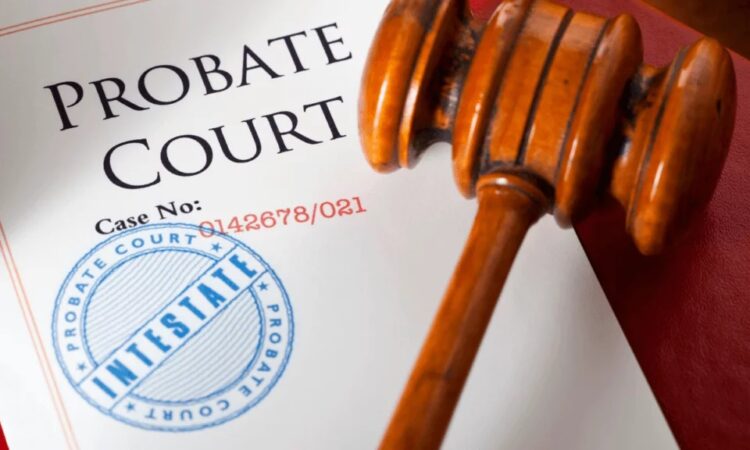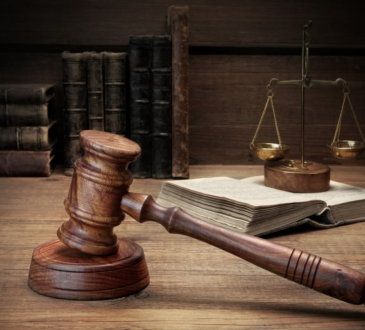
Intellectual property is a valuable asset that is important to protect. As an artist, author, software developer, or entrepreneur, the creations you make deserve legal safeguarding to prevent unauthorized use or theft.
However, with copyrights and trademarks offering overlapping protections in some cases, it can get confusing on where to start in securing your IP rights properly.
In this blog post, we’ll provide an overview of what exactly copyright and trademark protections entail. We’ll discuss the key differences between the two, including what aspects of your work each one shields.
Trademarks vs. Copyrights
Before diving into the differences, let’s first define what trademarks and copyrights are and what they protect.
What is a Trademark?
A trademark protects brand identifiers like company names, logos, slogans, packaging designs, and more. For example, Coca-Cola® and Nike’s Swoosh® logo are protected trademarks. Under trademark law, registering a mark gives the business owner exclusive rights to that mark as it relates to specific goods or services. This allows you to prevent competitors from using your mark or anything too similar that could cause consumer confusion.
Trademarks must be registered through the United States Patent and Trademark Office (USPTO). The registration process includes filing an application, paying fees, and ultimately receiving a certificate if approved. Trademark rights only extend to the particular goods and services listed on the registration.
What is a Copyright?
Copyrights protect original creative and artistic works like books, songs, films, paintings, photographs, software code, website content, product designs, and more. For example, the Harry Potter series and Beyonce’s Single Ladies song are protected by copyright.
Copyright protects the expression of an idea, not the idea itself. As soon as a work is fixed into a tangible form like writing, recording, painting, etc., the creator automatically holds the copyright – no registration is required. However, registering with the U.S. Copyright Office provides additional protections.
Copyright gives the owner exclusive rights to reproduce, distribute, publicly perform, publicly display, and create derivative works based on the original. For individual creators, copyright protection lasts for life plus 70 years.
Key Differences Between Trademarks and Copyrights
Now that we’ve defined trademarks and copyrights separately let’s look at some of the key differences between the two:
Subject Matter Protected
The most fundamental difference is what each protects. Trademarks cover brand identifiers, and copyrights cover creative works. Your business name, logo, and slogan would be protected by trademarks, whereas a blog article or ebook you produce would be protected by copyright.
Registration Process
Registering a trademark requires filing an application and awaiting approval from the USPTO. Copyrights automatically take effect once the work is created in fixed form, though optional registration is available.
Length of Protection
Trademark rights can essentially last forever as long as you continue using the mark in commerce and renew it periodically. Copyright protection is limited – for individual creators, it lasts for life plus 70 years after death.
Infringement Differences
Trademark infringement involves using a similar mark in a way that confuses consumers. Copyright infringement is the unauthorized reproduction, distribution, public display, etc. of a creative work.
Fair Use Exceptions
There is more flexibility for “fair use” of copyrighted materials than trademarks. For example, parody works are generally protected under fair use copyright principles but not for trademarks.
When to Use Trademarks vs. Copyrights for Your Business
Now that we’ve covered the key differences let’s discuss when trademarks and copyrights are applicable for protecting your intellectual property.
Securing Your Business Name and Brand Identity
Registering trademarks should be a top priority for protecting your business name, logo, slogans, packaging, and other brand identifiers associated with your company. Under New York trademark law, having a registered mark provides nationwide protection and the ability to sue for infringement if another business tries to use your mark or anything too similar.
For example, if you run a cupcake bakery called “Cupcake Corner,” you would want to register that name as a trademark for bakery services. Your custom logo with a cupcake image would also be protected under the trademark.
Protecting Creative Works and Content
Copyrights should be used to protect the original content your business produces, like blog posts, videos, photos, website copy, ebooks, artwork, product designs, software code, etc. Copyright is automatic when you create the work and provides exclusive rights to reproduce and distribute the content.
Registering copyrights with the U.S. Copyright Office will make enforcement easier if needed. Under New York copyright law, you can recover damages up to $150,000 for willful infringement.
Complementary Protections
It’s common for businesses to leverage both copyright and trademark protections. For example, a clothing boutique may trademark its business name and logo while copyrighting its website content, product photos, and clothing designs. Using both provides comprehensive intellectual property protection.
Consult a New York Intellectual Property Attorneys
Securing the proper copyrights and trademarks for one’s creative works and brands is crucial, yet the application process can be complex for those unfamiliar with intellectual property law.
The attorneys at The Browne Firm have extensive experience in securing copyright and trademark protections for a wide range of intellectual properties. Whether you need to file copyright registrations for written works, music, films, software, and more or hope to trademark a company name, logo, or consumer product, The Browne Firm has the IP legal team to handle the process smoothly.
If you have questions about protecting your prized intangible assets through copyright or trademark registration can contact The Browne Firm today at https://www.thebrownefirm.com/ to schedule a consultation with one of their estate planning attorneys.




